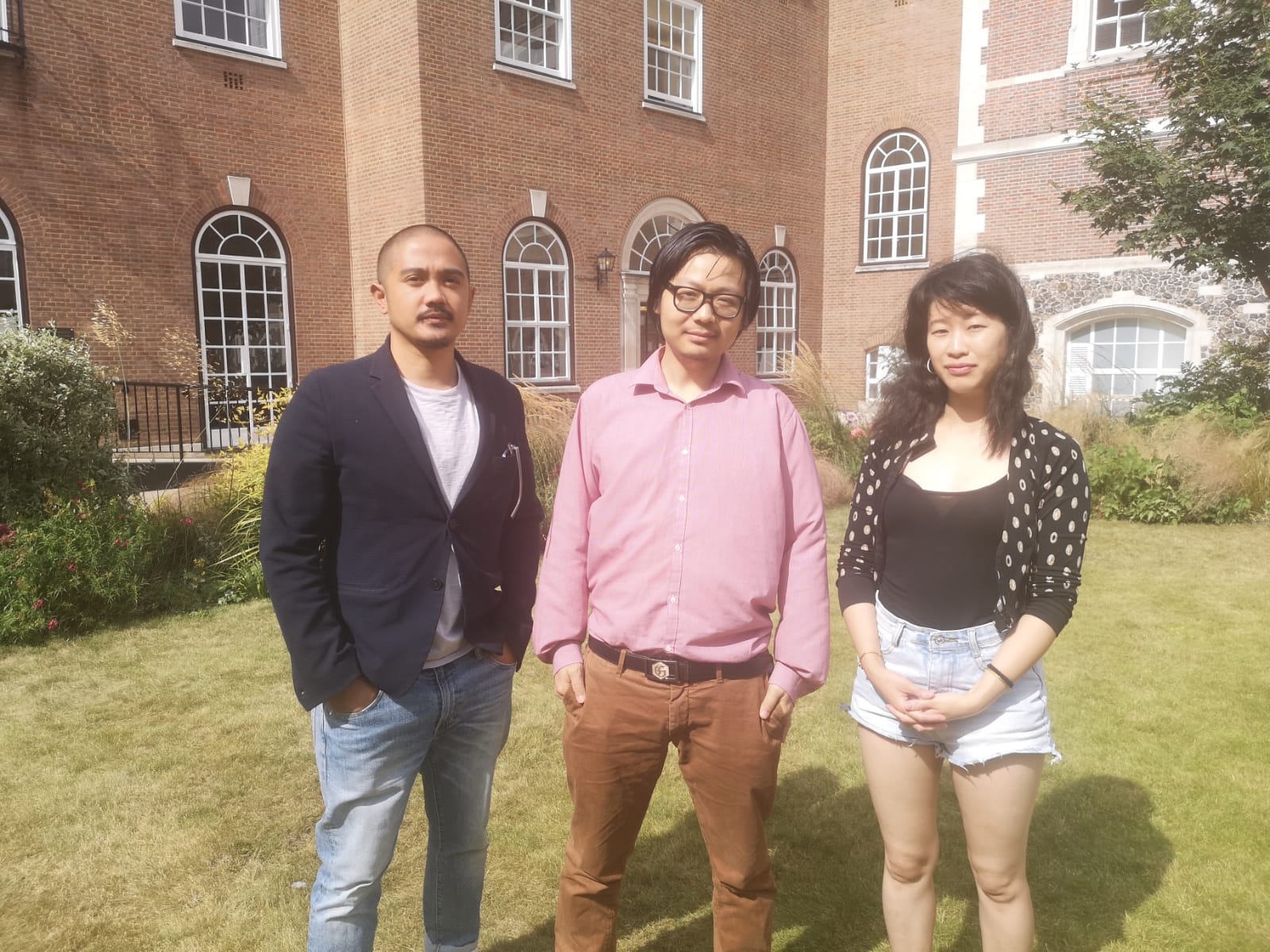
A new non-profit founded by a Gates Cambridge Scholar aims to tackle coronavirus-related racism in the UK.
A Gates Cambridge Scholar has founded a group which is fundraising to develop the UK’s first non-profit aimed at addressing racism towards East and South East Asians.
Dr Lu Gram, who did his MPhil in Computer Speech, Text and Internet Technology and a PhD in Computer Science [2007] is currently a Sir Henry Wellcome Research Fellow at University College London in Global Health, is working with a team of Filipino, Malaysian, Singaporean and Hong Kong activists, lawyers, artists, business professionals, nurses, community representatives and academics to set up the End the virus of racism organisation.
It was founded in response to news that hate crimes towards East and South East Asians tripled in the first quarter of this year and doubled in the second quarter in comparison with previous years. This is thought to be largely related to racism and xenophobia towards East and South East Asians who are being blamed for the coronavirus.
In addition, an Ipsos Mori poll shows one in seven people in the UK say they avoid people of Chinese appearance or origin, while a YouGov survey shows three quarters of people of East and Southeast Asian descent have experienced being called a racial slur. Moreover, hate speech towards China on Twitter has increased by 900% due to coronavirus.
The organisation aims to hold the government, media and institutions to account and ensure they protect the victims of this hate crime; mobilise a coalition of organisations across the UK to campaign against hate towards East and Southeast Asians; and create a grassroots movement of people to address racism nationwide through citizen action, media engagement, education and activism.
Money raised will fund a full-time campaigner and community organiser, on online reporting system, developing training materials and organising local and national campaign and advocacy events.
So far, the organisation’s members have organised an open letter calling for the Home Secretary Priti Patel to announce a zero tolerance policy towards racism by the police and to launch an inquiry. The open letter was signed by over 100 high profile figures, including Baroness Warsi, Lord Simon Woolley, comedian Phil Wang, singer Mutya Buena, writers Benjamin Zephaniah and Afua Hirsch, Cambridge academic Dr Priyamvada Gopal and Sarah Owen MP.
They have also organised an accountability meeting to which they invited the Home Office, the Metropolitan Police, the National Police Chiefs’ Council and the office of the Mayor of London. On the back of this, they have been invited to propose further actions by the Home Office, police and the Mayor’s Office.
Their activities have also been covered by national news outlets, including ITV and, more recently, The Guardian.
To contribute to the campaign , click here.
Picture credit: Dr Gram is pictured in the centre, with EVR colleagues Alvin Carpio and Hau-Yu Tam.












